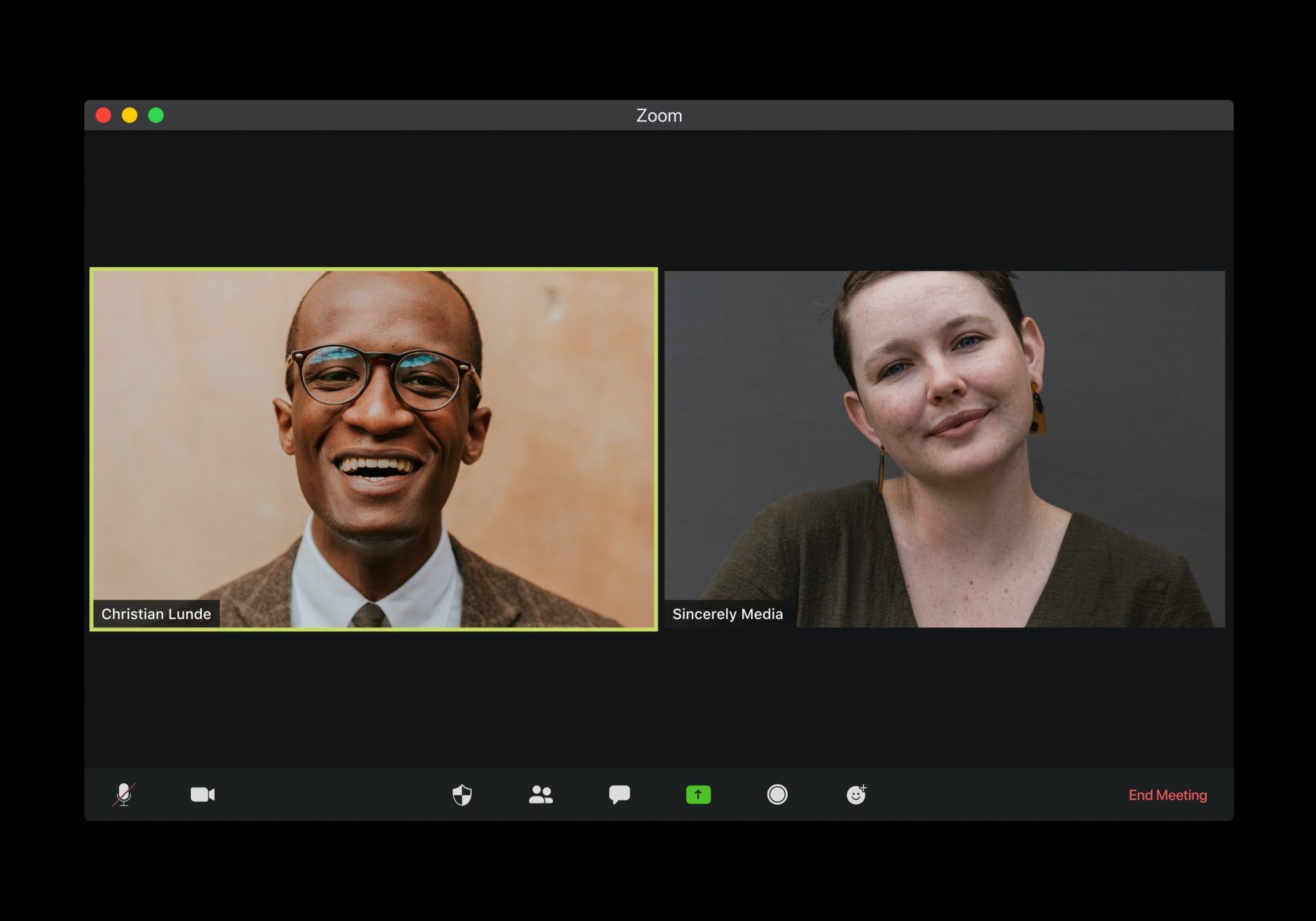What Can You Do About Boredom at a Time Like This?
Boredom plagues kids and adults with ADHD during normal times, and we hear it’s rampant during the present coronavirus pandemic. There are strategies you can use to get beyond it.
by Ari Tuckman, PsyD, CST, and Jeff Copper, PCC, PCAC, MBA
 Boredom is a universal experience. Although it is uncomfortable and we try to avoid it when we can, it is inescapable. So it becomes a matter of what we do about it. And, as we discussed in part one, children and adults with ADHD, who are especially prone to boredom, can encounter severe challenges when they must cope with it.
Boredom is a universal experience. Although it is uncomfortable and we try to avoid it when we can, it is inescapable. So it becomes a matter of what we do about it. And, as we discussed in part one, children and adults with ADHD, who are especially prone to boredom, can encounter severe challenges when they must cope with it.
Sometimes boredom can be a sign that we are tired of the status quo and serve as an impetus to get creative or try something new. Unfortunately, if people don’t have the inner resources to deal with boredom constructively, they might do something destructive to cope with the discomfort. In these cases, the real problem isn’t boredom itself, but insufficient coping skills.
Those prone to seek problematic situations or behaviors when bored need to more actively manage their relationship with boredom and how they respond to it. If you are the parent of an easily bored child who has ADHD, then you will need to play a more active role in helping the child deal with boredom and ultimately better learn to manage it independently.
Since play activities in recent years have tended to be more structured than they used to be, children and teenagers have had fewer opportunities to create their own fun. The constantly connected world of smartphones and other aspects of technology created a situation in which entertainment was almost always available instantly. This has given kids, teens, and adults fewer occasions when they needed to create their own fun or tolerate being bored.
Suddenly, in 2020, we face the novel coronavirus global pandemic and subsequent lockdowns, which are challenging all of us to deal with boredom. The endless array of entertainment possibilities remains available, of course, but hours on end in front of screens can get—well, boring (in addition to being unhealthy). We now truly need to create our own fun.
 Make it less boring
Make it less boring
We all face boring activities that we must complete. It can help to find ways to make them at least a little more interesting.
- Don’t fight the inevitable. Boring situations are easy to predict: long drives, waiting in line (especially while social distancing!), long events like sitting in a Zoom get-together listening to people talk about mundane topics. Recognizing these times will empower you to adjust the environment so it is more stimulating—bring a book, puzzle, game, or problem to solve. It can even mean allowing your children to be excused to do something else after a few minutes. Being flexible may work better than fighting with them about staying seated when they refuse to be bored.
- Spice it up. Just because you have to do something boring doesn’t mean you have to suffer. Make it more enjoyable. Crank up the music, call or videochat with a friend, bookend and body double with someone while doing the chore, and so forth. Just be sure the fun doesn’t become a distraction from actually getting things done.
- Make it a game. Kids especially benefit from making the activity a game or competition. Get creative and get silly.
- Treat depression and anxiety. Depression can cause you to feel bored because you are disconnected from what is going on around you. Both depression and anxiety can stop you from doing what you need to do or pursuing interesting activities. Even while their offices are closed, you can reach out for help from a practitioner who offers telemental health appointments and services.
 Find some fun
Find some fun
Sometimes boredom comes from a perceived lack of interesting options. Picture a kid lying across a couch, saying, “There’s nothing to do…. ” At these times, the challenge is to find something interesting to do.
- Avoid problematic behaviors. If you get restless when bored and tend to gravitate toward unhealthy coping mechanisms (starting some drama, drinking, smoking, kicking a ball in the house, or other unhealthy behaviors), then the first and most important thing to do is to stop and replace these behaviors. Notice those triggers before acting on them, then use the other strategies and options offered here instead.
- Don’t get pulled into the drama. If your child or romantic partner is a drama queen or king, it may be helpful to remember that the drama is a means to an end, one of which may be avoiding boredom. Allowing yourself to get drawn into an argument helps them avoid boredom, but there are probably better ways. So talk about what the drama does for them. Identify the need; then brainstorm better ways to meet that need and cues that you can each use to indicate that drama may be on the way.
- Brainstorm your fun list. If you have a hard time thinking of interesting options in the moment, then take some time beforehand to create a list of things you could do. Think of activities you tend to enjoy, as well as some new options. Maybe even set up the stuff you will need so that doesn’t become a barrier.
- Fake it till you make it. There can be an inertia to boredom, so you may need to just get moving on anything and then let that carry you to something better. What you start moving on doesn’t matter much as long as it gets you going. Then let the momentum carry you to something that you really will enjoy.
- Get to work. We feel bored not just when there isn’t anything interesting to do, but also when we lack meaningful activity. So find a job to do and focus on the benefits of doing it. The sense of accomplishment can override boredom.
 Learn to live with it
Learn to live with it
The above strategies can help to reduce boredom, but it’s still important to be able to tolerate it when it’s unavoidable. This is an important life skill that we had not been practicing as often in the days before COVID-19, because technology provides easy entertainment. The past few months have clearly demonstrated the value of reviving competency in this life skill.
- Avoid catastrophizing. Repeatedly telling yourself (and others) how bored you are only makes it feel worse and makes it harder to think of alternatives. Think past the current situation and remind yourself that better times will come.
- Use the time to think. If there really is nothing to do but sit and wait, then use the time to reflect on a thorny problem, reflect on where your life is going, reminisce about enjoyable times, plan the rest of your day, think of romantic things to do for your partner, or brainstorm acts of kindness you could perform.
- Remember the bigger picture. If you need to do something boring, remind yourself of the rewards for working on it or perhaps the punishments for not doing it now. (Tip: Working toward positives is more motivating). It may also help to reduce the pull of other more interesting activities that will hijack your attention away from the boring task.
- Be mindful. Mindfulness training helps one identify and then tolerate uncomfortable experiences and emotions, including boredom. This is just one of the benefits of mindfulness training. You can search for articles on mindfulness for all ages in the Attention archives or previous blog posts.
PEOPLE WITH ADHD SEEK BRAIN STIMULATION, especially when they are bored. By hook or by crook, they will find something that stimulates them. Since many potentially problematic behaviors and situations can fill that need, it’s important to understand boredom and its impact. The greater your awareness and understanding of when, where, and how your child, your partner, or you get bored, the better you’ll be able to anticipate, plan, and manage it, before and during such times.
 Ari Tuckman, PsyD, CST, is a psychologist in private practice in West Chester, Pennsylvania, and co-chair of CHADD’s conference committee. He is the author of four books on ADHD, including his most recent one, ADHD After Dark: Better Sex Life, Better Relationship.
Ari Tuckman, PsyD, CST, is a psychologist in private practice in West Chester, Pennsylvania, and co-chair of CHADD’s conference committee. He is the author of four books on ADHD, including his most recent one, ADHD After Dark: Better Sex Life, Better Relationship.
 A certified coach for individuals and entrepreneurs with ADHD, Jeff Copper, PCC, PCAC, MBA, is the founder and host of Attention Talk Radio and Attention Talk Video. He is a member of Attention magazine’s editorial advisory board.
A certified coach for individuals and entrepreneurs with ADHD, Jeff Copper, PCC, PCAC, MBA, is the founder and host of Attention Talk Radio and Attention Talk Video. He is a member of Attention magazine’s editorial advisory board.
The post What Can You Do About Boredom at a Time Like This? appeared first on CHADD.
